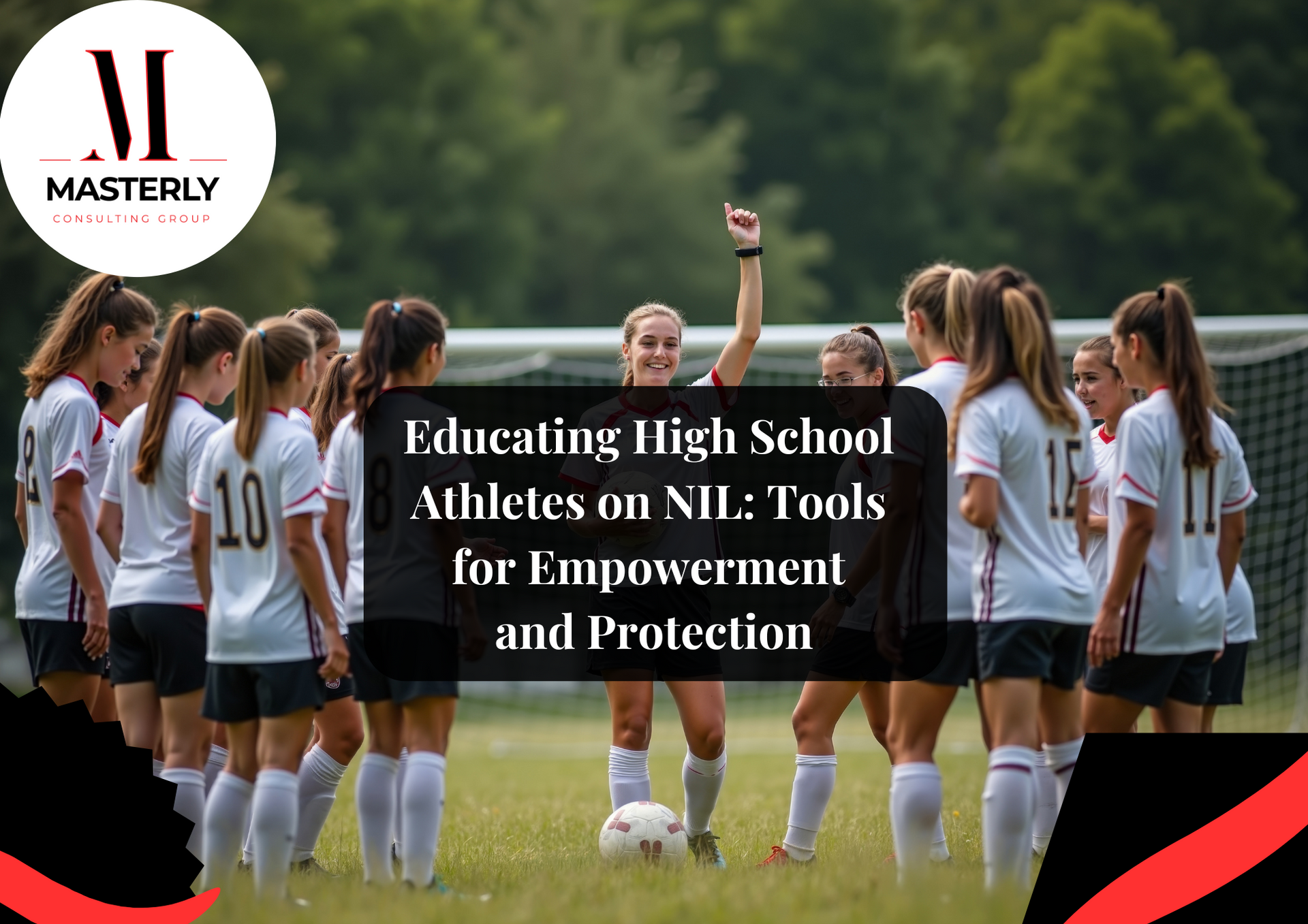Sexual Harassment Training for Employees: A Must-Have for Schools and Universities
Sexual harassment in the workplace is a persistent issue that affects all industries, including educational institutions. Schools and universities must take proactive steps to prevent harassment in the workplace, ensuring a respectful work environment for faculty, staff, and students. Implementing sexual harassment prevention training is a critical measure that not only helps institutions comply with federal and state regulations, but also fosters a culture of safety and respect.
The Equal Employment Opportunity Commission (EEOC) outlines strict guidelines for workplace harassment prevention training to address issues such as unlawful harassment, discrimination based on protected characteristics, and retaliation against employees who file complaints. Schools and universities must ensure their harassment training programs meet training requirements to reduce liability and strengthen their affirmative defense in legal cases.
Understanding What Constitutes Sexual Harassment
To effectively prevent sexual harassment, it is important to define what constitutes sexual harassment. Under Title VII of the Civil Rights Act, sexual harassment includes unwelcome sexual advances, requests for sexual favors, and other verbal or physical conduct of a sexual nature that creates a hostile or intimidating work environment. This can occur between supervisors and employees, colleagues, or even between students and faculty.
Sexual harassment prevention training equips employees, supervisors, and managers with knowledge of acceptable behaviors in the workplace, helping to establish clear boundaries and reporting protocols. By integrating harassment prevention training, schools and universities can reinforce ethical standards and legal obligations.
Compliance with Federal and State Laws
Title VII and the Civil Rights Act
The Civil Rights Act mandates that employers, including educational institutions, comply with Title VII, which prohibits discrimination based on sex, race, religion, and national origin. Employers with three or more employees must provide harassment training to prevent workplace misconduct. Institutions that fail to provide such training risk legal action and financial penalties.
State-Specific Training Requirements
In addition to federal laws, many states impose their own training requirements. For example, New York mandates annual training for employees, including two hours of sexual harassment training for all workers, regardless of their role. Other states have enacted similar policies, making sexual harassment prevention training a legal necessity for educational institutions across the country.
The Key Features of Effective Sexual Harassment Prevention Training
An effective sexual harassment prevention training program includes a combination of legal education, interactive scenarios, and conflict resolution strategies. Key concepts covered in harassment training for schools and universities should include:
- Understanding sexual harassment: Educating staff on what constitutes sexual harassment and its impact on individuals and institutions.
- Legal compliance: Covering Title VII, equal employment opportunity laws, and state-specific regulations to ensure full compliance.
- Reporting and investigation procedures: Training HR personnel and supervisors on how to handle complaints and conduct investigations.
- Harassment prevention policies: Creating and enforcing a clear sexual harassment prevention policy within the institution.
- Online training options: Providing flexible course formats, including online training, to accommodate busy schedules.
- Technical support and follow-ups: Ensuring employees have access to technical support and periodic updates on harassment prevention strategies.
The Role of Employers in Harassment Prevention Training
Employers in schools and universities hold a legal and ethical responsibility to provide training that educates and protects their workforce. Supervisors must be equipped with the skills to address harassment in the workplace, prevent discrimination, and enforce a zero-tolerance policy for misconduct.
Key responsibilities of employers in harassment training include:
- Establishing clear harassment prevention policies.
- Ensuring all new employees receive sexual harassment prevention training as part of their onboarding process.
- Conducting annual training to reinforce harassment prevention measures.
- Promoting inclusion training and diversity awareness to support a safe and inclusive culture.

How The Masterly Consulting Group Can Help
At The Masterly Consulting Group, we specialize in sexual harassment training for schools and universities, offering both in-person and online training options. Our expert team provides customized workplace harassment training to help educational institutions develop effective policies and ensure compliance with all applicable laws and regulations.
By choosing our workplace harassment prevention training, your HR department will be equipped with the tools necessary to investigate and resolve incidents effectively. We ensure that supervisors and employees understand their rights and responsibilities, reducing the risk of legal issues and fostering a safer workplace.
Upholding Human Rights and Privacy in Sexual Harassment Training for Employees
Ensuring a safe and inclusive workplace in schools and universities goes beyond compliance—it’s a matter of human rights. Effective sexual harassment training for employees should emphasize the protection of all individuals, regardless of background, by fostering a respectful and discrimination-free environment. Training programs must also educate staff on how harassment prevention intersects with broader issues of diversity, equity, and inclusion.
Additionally, institutions must be mindful of privacy considerations, including the handling of genetic information. Under federal regulations such as the Genetic Information Nondiscrimination Act (GINA), employers are prohibited from using genetic data to make employment decisions. Integrating this knowledge into harassment prevention training helps schools and universities strengthen their commitment to human rights, ensuring all faculty, staff, and students are treated fairly and with dignity.
Contact Us for a Free Consultation
Creating a safe and harassment-free workplace starts with the right harassment prevention training. The Masterly Consulting Group is committed to helping schools and universities implement sexual harassment prevention training that meets legal compliance standards and fosters a positive organizational culture.
Contact us at (888) 209-4055 to book a free consultation and learn how our customized sexual harassment training programs can protect your institution, staff, and students. Our experts are ready to answer any questions you have and provide tailored solutions to help your organization prevent harassment effectively.


Masterly Consulting Group
Office Number
(888) 209-4055
Office Locations
Dallas, TX | Uptown Area
Houston, TX | Galleria Area
Grand Prairie | Training Center
West Palm Beach, FL | Downtown
Coming Soon
Atlanta, GA
Latest news






